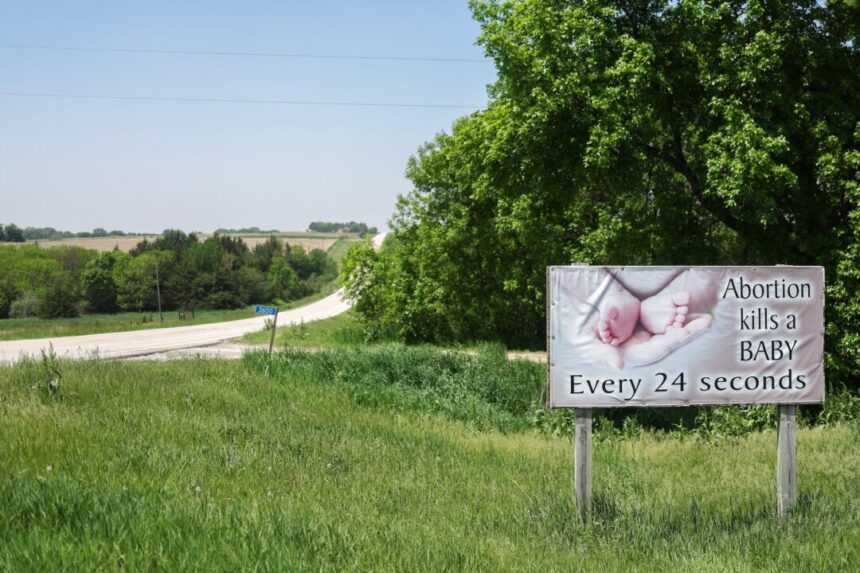Currently, at least 25 states have implemented laws that limit or prohibit gender-altering treatments for transgender minors, leading to numerous legal challenges.
The Nebraska Supreme Court has recently ruled that a law combining restrictions on abortion with limitations on gender-altering procedures for minors does not violate the state’s constitution. This decision was based on the argument that both abortion and transgender procedures fall under the umbrella of medical care, thus aligning with Nebraska’s single-subject rule.
The law in question, known as LB574, includes provisions such as a ban on abortions after 12 weeks of gestation, regulations on puberty blockers for minors, and a prohibition on gender-altering surgeries for minors. This law was contested by the American Civil Liberties Union (ACLU) on behalf of Planned Parenthood in Nebraska.
Despite initial challenges, the Nebraska Supreme Court upheld the law, stating that while abortion and gender-altering care are distinct forms of medical treatment, they both fall within the realm of permissible medical care. The court found no violation of Nebraska’s single-subject rule in LB574.
Nebraska Governor Jim Pillen expressed his support for the court’s decision, emphasizing the importance of protecting life and children in the state. On the other hand, the ACLU of Nebraska criticized the ruling, vowing to continue advocating for abortion access and the rights of transgender youth and their families.
Following the U.S. Supreme Court’s decision to overturn Roe v. Wade in 2022 and delegate abortion regulations to individual states, many Republican-led states have passed laws restricting abortion or enforced existing legislation that had previously been blocked.
Please rewrite this sentence.
Source link





